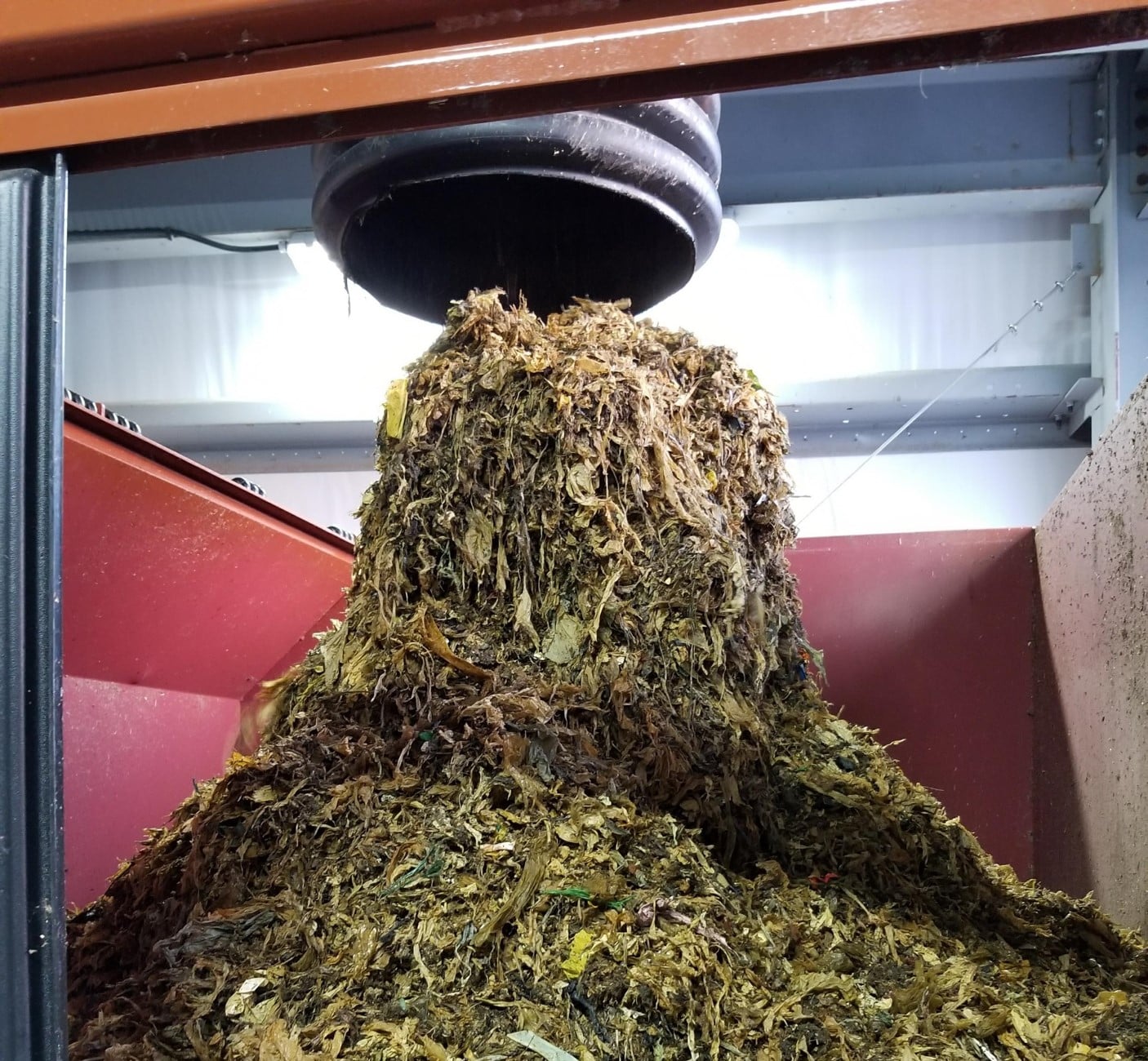Managing Food Waste Contaminants For High-Quality Biogas, Clean Digestate & Low Opex
Anaerobic digestion (AD) has become increasingly reliable in North America over the past 15 years, turning organics into clean energy and nutrients for the soil instead of contributing to greenhouse gas emissions. However, many biogas projects have also failed to succeed due to issues of plastics and grit management in the digester. This is especially true for food waste digesters.

Sources of grit include fragments of shells, glass, bone, gravel, sand, stones, etc., and can be present in agricultural and urban wastes. These can cause excessive wear on equipment, and cause sedimentation in pipes and digester tanks, reducing digester capacity. Similarly, residual plastic materials from packaging float to the top of the digestate forming a crust layer, taking up valuable space in the digester and impacting biogas production efficiency. In addition to producing a contaminated feedstock, affected digesters must eventually be taken out of service to be emptied and cleaned.

Biogas plants in Ontario and Nova Scotia have found a solution to these challenges. Courthouse Hill Energy, Zooshare Biogas Cooperative, Maryland Farms and Escarpment Renewables respectively process 15,000, 17,000, 15,000 and 40,000 tonnes of municipal and IC&I waste. All these plants produce digestate that is free of plastics and operate at their maximum volumetric capacity with no downtime required for cleanouts. The Fitec Self-Cleaning Digester is what makes their success possible.

The Fitec SC Digester has a floor sweeper that removes settled grit as well as a roof-mounted skimming system that removes floating plastics. These sinking and floating contaminants naturally separate as part of the dilution effect that occurs during the biological process of anaerobic digestion. Making use of this natural separation minimizes the use of process water, keeping gas production high and operating costs low. Unlike most pre-treatment methods, the Fitec SC Digester reliably removes all the contaminants in the digestate.

Zooshare, Courthouse and Maryland take out an average of 1100 tonnes of contaminants per year, which would otherwise be collected in their tanks. The Fitec digestion system allows the farmer/owner to operate reliably and to accept a wide range of feedstocks without having to worry about sedimentation. The digestate they produce passes the world’s strictest testing for digestate quality and returns nutrients, not plastics, to the land.
For more information and biogas projects, read BiogasWorld’s Canadian Biogas Magazine.

